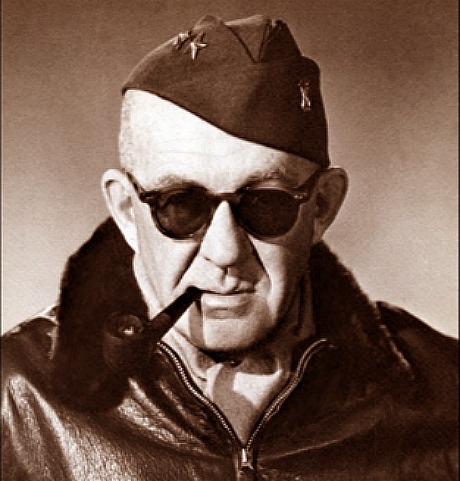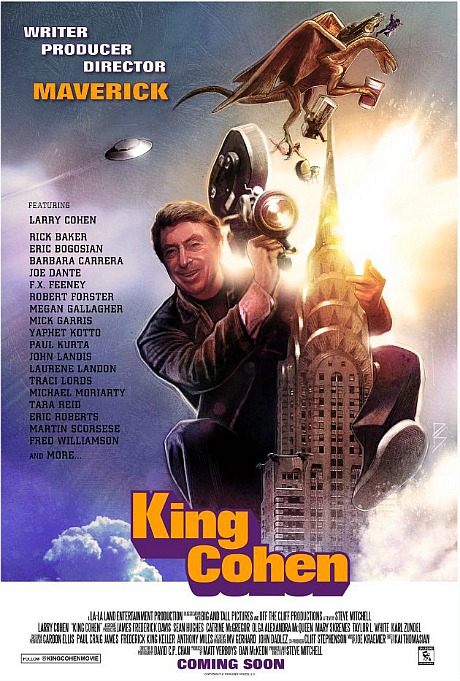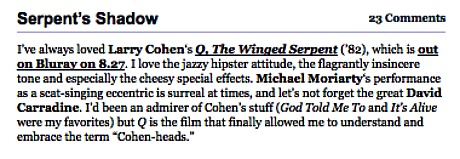What terms or descriptions come to mind when you say the name John Ford? The first thing I think of is “revered auteur-level director,” the second is “exquisitely balanced visual compositions,” the third is “cranky personality,” the fourth is “Irish sentimentality” and the fifth is “enjoyed drinking too much.” But I have a new sixth term after seeing Five Came Back — “Sent home from Europe after going on a three-day bender after witnessing the horrors of D-Day.”
This is a shorthand summary, delivered by director Laurent Bouzereau and writer Mark Harris in the forthcoming three-part Netflix documentary, about why Ford’s work for the War Department ended soon after the D-Day invasion.
In yesterday’s rave review I wrote the following about this incident and also Ford’s post-WWII films: “Ford, who incurred the wrath of his military superiors after descending into a three-day alcoholic bender after witnessing the bloody D-Day slaughter (4000 Allied troops died on 6.6.44), became less of a Grapes of Wrath or Informer-styled social realist and increasingly devoted himself to Western myths and fables, which could be seen as a kind of sentimental retreat.”

Ford biographer Joseph McBride has read Harris’s 2014 book but hasn’t seen the Netflix doc, but he’s taken issue with the above-described summary and has passed along his own account of Ford’s activities and status following the D-Day invasion. I passed along McBride’s recap to Harris so he could respond or clarify.
What follows is (a) McBride’s D-Day account, (b) Harris’s response and (c) McBride’s dispute with my view that after the war Ford’s films invested more and more to Western myth and sentimental notions about the past.
McBride #1: “I cover the post-D-Day period in “Searching for John Ford“, pp. 397-404. Ford did go on a bender for a few days after his supervising of the massive D-Day filming operation for the U.S. Navy. (Ford was serving with the Navy and the OSS.) He was on a boat anchored near Omaha Beach when the invasion began on June 6, 1944, and hit the beach later that day.
“The OSS wrote of Ford, ‘After landing he visited all of his men in their various assignments, and served as a great inspiration by his total disregard of danger in order to get the job done.’ “The film footage shot by his cameramen and by automatic cameras on landing boats was sent to London for assembly into a secret film shown only to Churchill, FDR, and Stalin.
“I write that Ford went on a bender at a house in France serving as headquarters for a combat camera outfit of the Army Air Forces First Motion Picture Unit, after ‘badly needing to unwind from the supreme tension of the invasion,’ adding that he was ‘physically and emotionally spent.”















